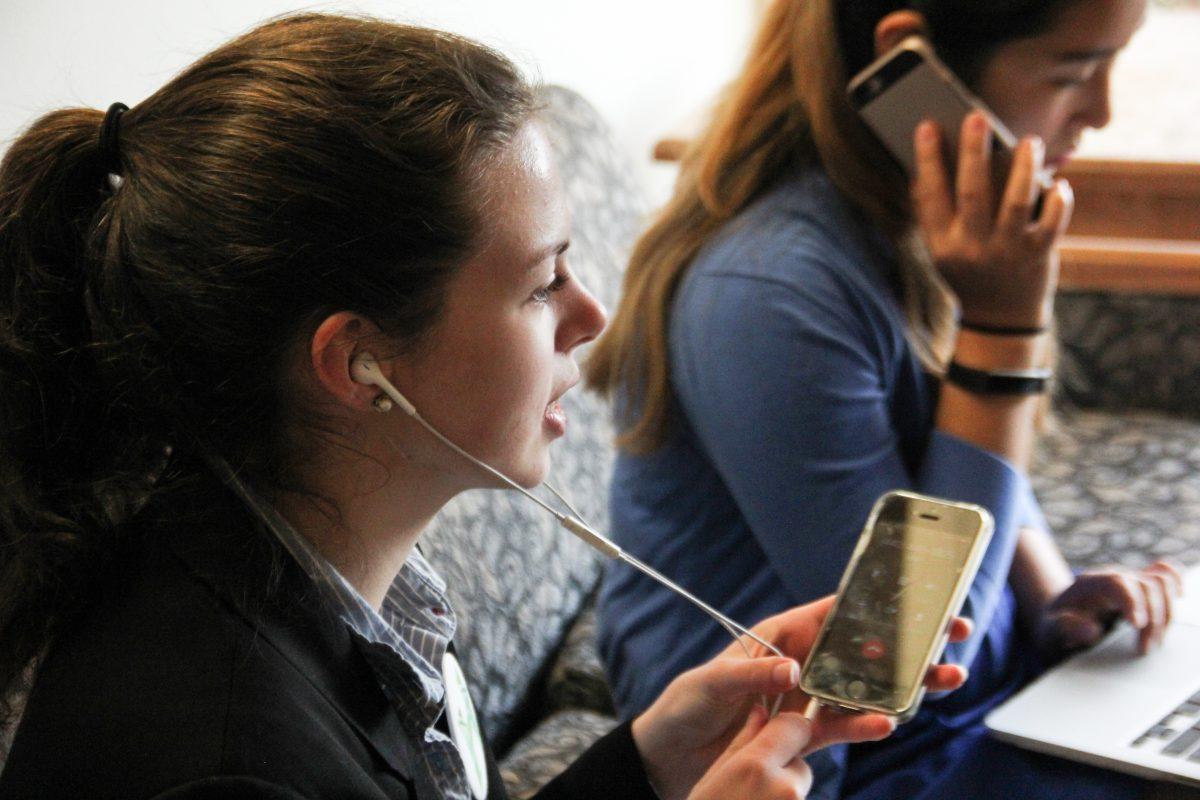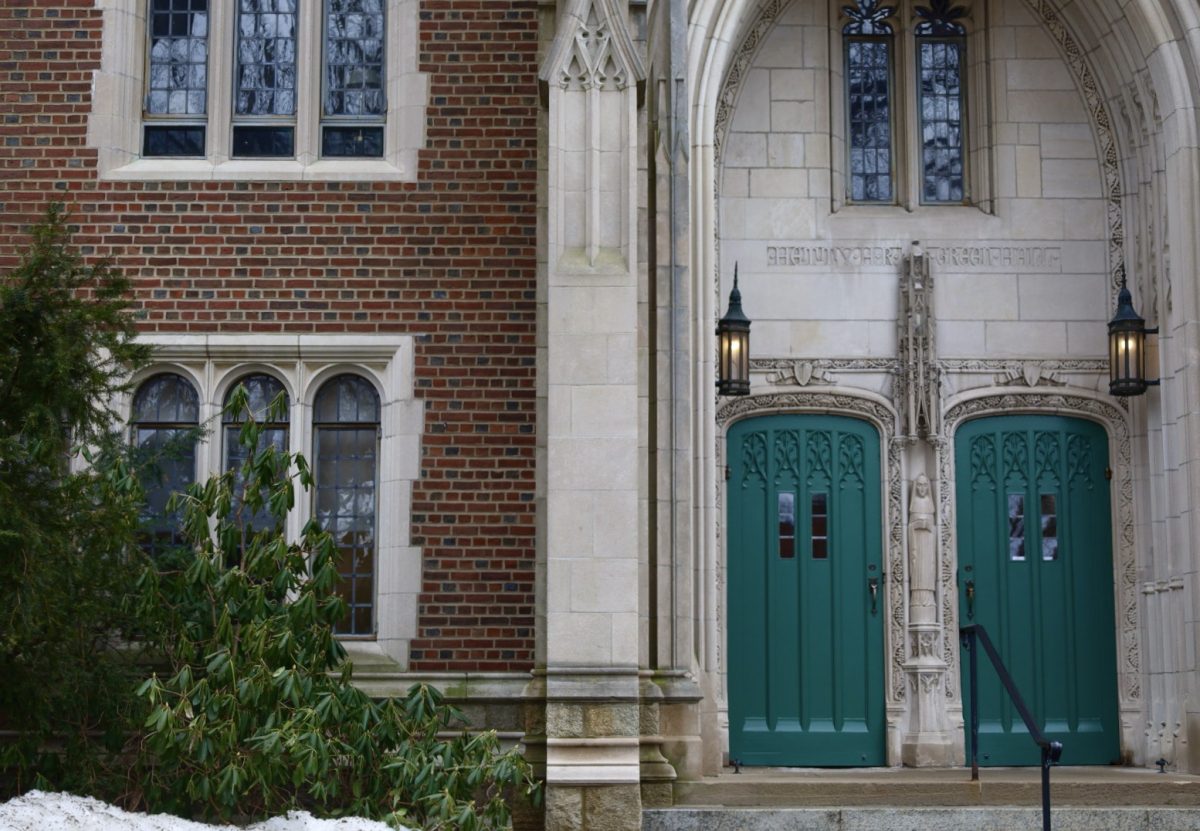For the upcoming presidential election, students have sought out both volunteer opportunities to campaign for a party and chances to hear politicians speak. With organizations such as Wellesley Students for Hillary, the Committee for Political and Legislative Awareness (CPLA), Wellesley College Democrats and Wellesley College Republicans on campus, opportunities are abundant, allowing more students to be informed and let their voices be heard.
Numerous organizations on campus, both politically-affiliated and not, actively encouraged students to participate in Election Day by holding voter registration events. Hosted by CPLA, Harambee House, PanAsian Council, Korean Students Association, Wellesley Democrats and others, these events aimed to get Wellesley students, most of whom are of voting age, to the booths.
Another way students have been getting involved is through canvassing with Wellesley Students for Hillary, a club dedicated to helping elect Hillary Clinton ’69 as President of the United States. While some may see canvassing as an unglamorous job, groups of Wellesley students trek out to New Hampshire and around Massachusetts to encourage citizens to visit their local voting booths on Nov. 8 and perform their civic duty of voting.
Wellesley Students for Hillary organizes bi-weekly phonebanking events, works with the Wellesley Town Democratic Committee to bring students to canvassing events on Saturdays and Sundays and attends rallies with well-known speakers like Senator Elizabeth Warren and Senator Bernie Sanders. Canvassing events with speakers draw bigger crowds of Wellesley students; more than 50 students made the hour-long commute to Nashua, New Hampshire to hear Sen. Elizabeth Warren speak and to canvass for as much as five hours.
The work being done every weekend is valuable; in fact, according to the American Political Science Association, canvassing has been shown to increase voter turnout by 8.7 percent, which may or may not decide the outcome of an election.
Another way to be politically involved at Wellesley is to attend debate-watching parties, something akin to the Super Bowl. On Sept 25, the first debate was livestreamed from multiple locations across campus — residence halls, Clapp Library and individual dorm rooms — and current Wellesley students watched as Clinton took the stage in a stately red suit as the first female presidential candidate in U.S. history.
The debate-watching parties were characterized by cheers and jeers, a common sight across campus despite the multitude of debate-watching options, which happens simply because there is not enough space in any one event to accommodate all of the students who wish to view the debate.
While some on-campus organizations are affiliated with a particular party, other groups identify as non-partisan. One such organization is the Committee for Political and Legislative Awareness (CPLA). The role of CPLA on Wellesley campus is strikingly different in between election and non-election years. In non-election years, CPLA hosts events to “create space for students to talk about how politics affect them and their fellow students,” said CPLA chair Zoe Iacovino ’17, whose goal as CPLA Chair is to create events in which “many voices can be heard and we can learn about each other and the politics of the world we live in.” In election years, CPLA is mainly involved in creating events to involve students in the election — debatewatching parties voter registration and more.
Other events, aside from debate viewings and election night events, include a collaboration with Slater International Center in the first week of November regarding the election and international students, as well as a Table Talk with the Community Action Network to discuss the experiences and views of people of color.
It is difficult for conservatives to advertise their stance as the political minority on campus. This cycle’s election has been especially polarizing, with many Americans unhappy with both candidates; a contingent of Clinton voters are reluctantly with her only because she is “not Trump.”
“It can be challenging at times to be in the political minority on Wellesley’s campus, but I have found that for the most part, my peers are interested in hearing my point of view — even if only to learn the reasoning behind conservative thought processes,” Lauren Keena ’17 said.
While the political process can be mundane to some, to others, it is a passion. “I have put my heart and soul into helping elect someone that is passionate and fighting for us everyday Americans,” Karen Su ’19, vice president of the Wellesley Students for Hillary said.






